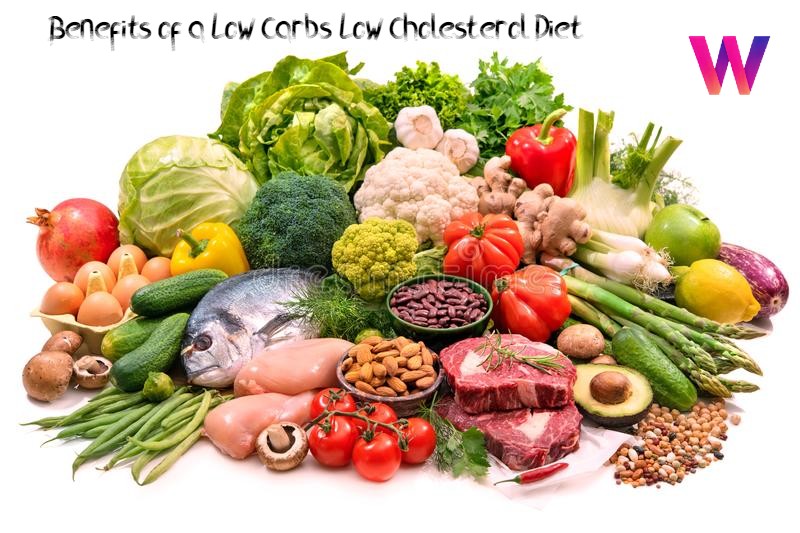Digestive issues like bloating, acidity, and constipation are becoming increasingly common. Often, these problems stem from our lifestyle and dietary habits, especially those we adopt after dinner. Fortunately, incorporating a few simple practices into your evening routine can significantly improve your gut health and overall well-being. Let’s delve into some effective post-dinner habits that promote healthy digestion.
Table of Contents
The Gentle Stroll: A 10-Minute Post-Meal Walk
A leisurely 10-minute walk after dinner is a highly effective way to stimulate digestion. This gentle activity helps move food through your digestive system, reducing bloating and discomfort. Walking encourages the release of digestive enzymes and promotes regular bowel movements. It’s a low-impact exercise suitable for most individuals and can be easily incorporated into your daily routine.
Warm Water: A Digestive Aid
Drinking a glass of lukewarm water after your meal can significantly aid digestion. Warm water helps break down food particles, making them easier for your body to process. It also helps prevent constipation by softening stool. Avoid ice-cold water, as it can hinder digestion by slowing down the digestive process.
The 30-Minute Rule: Avoid Immediate Bedtime
Resist the urge to lie down immediately after dinner. Waiting at least 30 minutes before resting helps prevent acid reflux and heartburn. When you lie down too soon, stomach acid can flow back into the esophagus, causing discomfort. Staying upright allows gravity to assist in digestion.
Deep Breathing Exercises: Stress Reduction and Gut Health
Stress can significantly impact your digestive system. Incorporating deep breathing exercises into your post-dinner routine can help reduce stress and promote relaxation. Deep breathing stimulates the parasympathetic nervous system, which is responsible for the “rest and digest” response. This helps improve gut motility and reduce digestive discomfort.
Natural Digestive Aids: Fennel and Carom Seeds
Chewing a small amount of fennel or carom seeds after dinner can naturally enhance digestion. These seeds contain compounds that help relieve bloating, gas, and constipation. Fennel seeds, in particular, are known for their carminative properties, which help soothe the digestive tract.
Light Stretching: Promoting Digestive Flow
Gentle stretching exercises can help stimulate blood flow to the digestive organs, promoting better digestion. Light stretches, such as torso twists or gentle forward bends, can help relieve tension and improve gut motility. These exercises should be gentle and relaxing, not strenuous.
Herbal Teas: Soothing Gastric Issues
A warm cup of herbal tea after dinner can be incredibly soothing for the digestive system. Ginger, mint, and cinnamon teas are particularly beneficial. Ginger helps relieve nausea and bloating, mint soothes indigestion, and cinnamon aids in regulating blood sugar and improving digestion. Opt for caffeine-free herbal teas to avoid disrupting your sleep.
Upright Posture: Facilitating Digestion
Maintaining an upright posture for a while after dinner can help prevent acid reflux and facilitate digestion. Sitting upright allows gravity to keep stomach acid down, preventing it from flowing back into the esophagus.
Avoiding Late-Night Snacks: Giving Your Gut a Break
Resist the urge to snack after dinner. Giving your digestive system a break overnight allows it to rest and reset. This promotes better digestion and improves overall gut health. Snacking late at night can disrupt your sleep and lead to digestive discomfort.
Conclusion: A Path to Better Gut Health
Incorporating these simple post-dinner habits into your daily routine can significantly improve your digestive health and overall well-being. By adopting these practices, you can reduce bloating, prevent acidity, and promote regular bowel movements. Remember, consistency is key. Make these habits a part of your daily life, and you’ll experience a noticeable improvement in your gut health and feel lighter and more comfortable.












